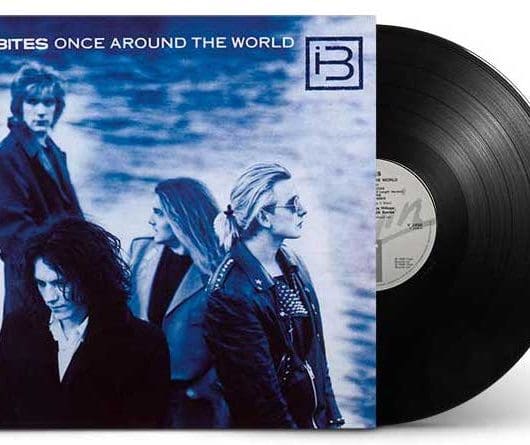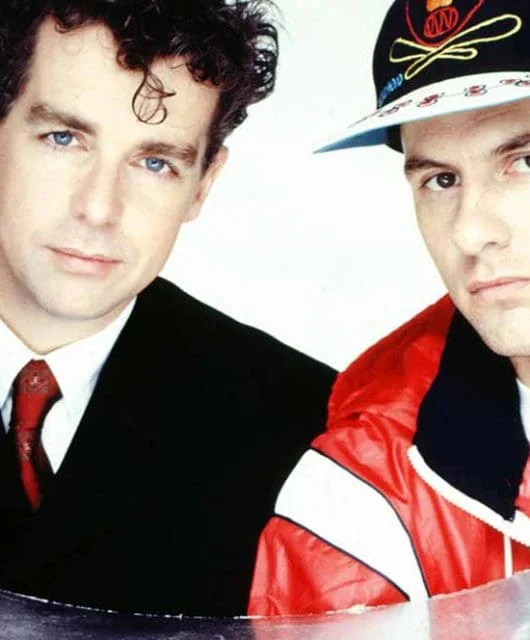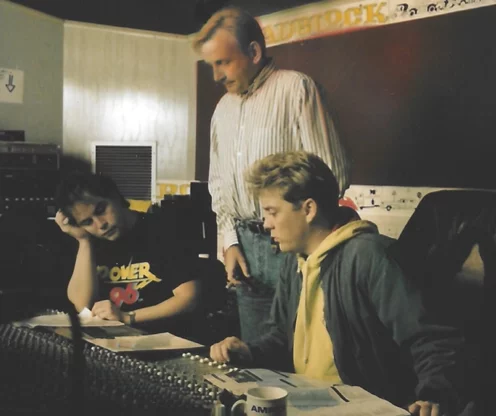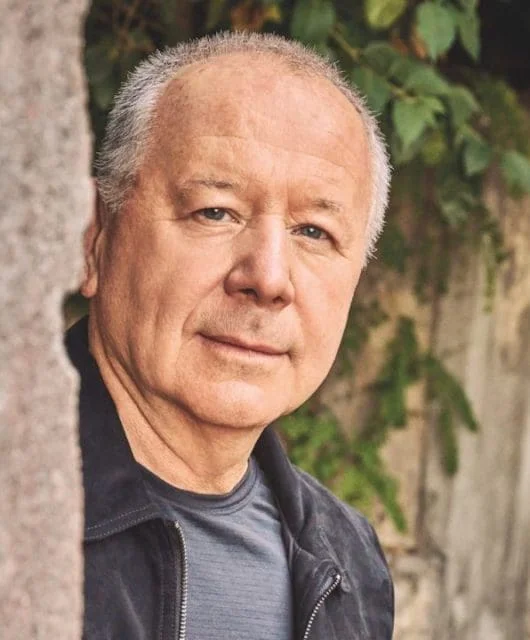Popscene: New Jack Swing
By Steve O'Brien | June 20, 2024
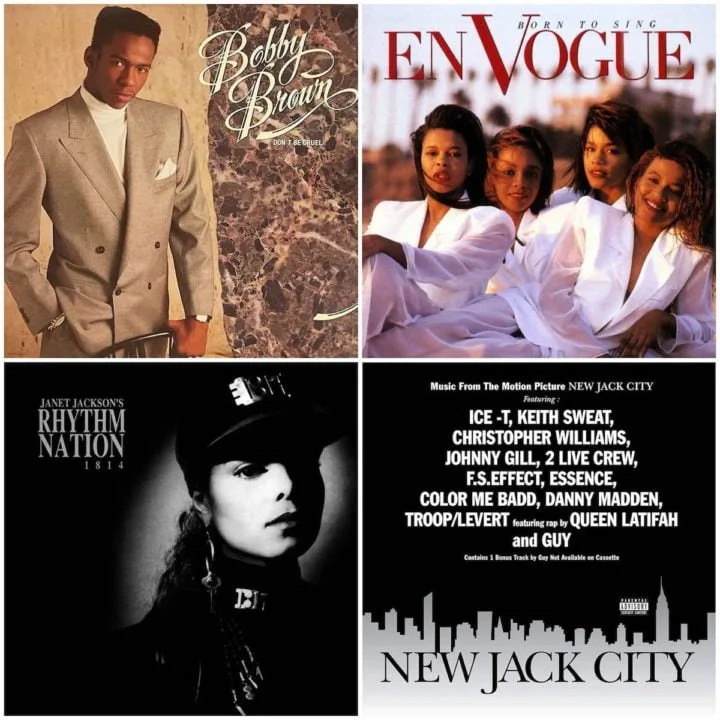
Classic Pop takes a look at new jack swing – the urban sound that fused funk and soul with hip-hop and jazz to revolutionise American R&B.
Few genres epitomise early-90s US pop as much as new jack swing. Also recognised as swingbeat, it emerged towards the end of the 80s and was a delectable stir-fry of soul, jazz, hip-hop and contemporary R&B. Sonically, it was the newly available SP1200 and 808 drum machines, married to classic funk and soul samples and hip-hop beats that defined its crisp, synthesized sound. If your common or garden soul was the soundtrack to the bedroom or the lounge bar, new jack swing had the street smarts, providing the grit in the R&B oyster.
It was music critic Barry Michael Cooper who birthed the term. As a writer for New York City’s The Village Voice magazine, he’d been sent to Harlem’s legendary Apollo Theater to interview the then 20-year-old (and future Grammy winner) Teddy Riley about a new sound the young producer had been credited as inventing. He titled the article ‘Teddy Riley’s New Jack Swing: Harlem Gangsters Raise A Genius’, giving this heady hybrid of R&B and rap a figurehead as well as a name.
Fresh Sound
“I had this dream of seeing James Brown and Michael Jackson do a song together,” Riley said of the genre’s origins when interviewed at the Red Bull Music Academy Festival in New York. “I had a dream of mixing groups together that I wanted to hear. I made the dream come true by taking their music… the essence of their music and what I was inspired by.”
New jack swing would usher in artists such as Al B Sure!, Bell Biv DeVoe and En Vogue, and breathed fresh life into singers such as Janet Jackson and Bobby Brown. Even Janet’s brother Michael would flirt with this hip new sound on the Dangerous album, co-produced by Teddy Riley. While new jack swing would give way to hip-hop, soul and neo-soul in the late 90s, it’s had the odd renaissance in the decades since, notably on Bruno Mars’ 2016 LP 24K Magic, with his single Finesse as definitively NJS as anything from the genre’s swaggering, chart-conquering heyday.
Essential Figures
Teddy Riley
Often called the father of new jack swing, Edward Theodore Riley had begun his music career at 17, producing Doug E. Fresh And The Get Fresh Crew’s song The Show, before taking the helm for rapper Kool Moe Dee’s 1986 single Go See The Doctor. Alongside his production career, Riley also found time to form an R&B band, Guy, scoring a No.27 placing in 1988 with their eponymous debut album. A child prodigy (Teddy was playing the guitar and trumpet at five and the piano at eight), he was, by the dawn of the 1990s, one of the most in-demand producers in America, even co-producing Michael Jackson’s Dangerous album, on the recommendation of Quincy Jones.
Riley formed a new group, Blackstreet, in 1991, and enjoyed hits with the singles Before I Let You Go (US No.7), No Diggity (US No.1) and Take Me There (US No.14). He also worked with Mel B on several tracks for her debut album Hot, released in 2000, and produced and co-wrote the song Teeth with Lady Gaga in 2009.
Recently, he announced that he’s to release an autobiography, provisionally titled Remember The Times. “I successfully created the new jack swing genre 40 years ago so we could have our own generation of music, not their generation, and our own history,” Riley said in a statement. “I’m so excited to share that history with my fans around the world.”
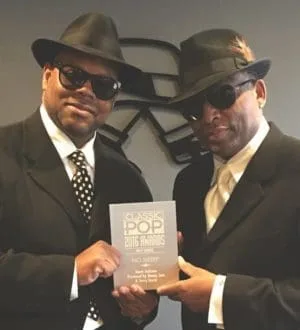
Jimmy Jam & Terry Lewis
Classic Pop award-winners Jam & Lewis had hinted at the new jack swing sound with Janet Jackson’s 1986 album, Control, refining it with her US No.1-charting 1989 follow-up, Rhythm Nation 1814. Though their names are forever linked with Janet, these two titans of American pop have also worked with, among others, Alexander O’Neal, George Michael, Michael Jackson, Aretha Franklin, Boyz II Men, Usher and even The Human League. During their four-decade-long career, they’ve scooped five Grammys, 16 US No.1s and more than 100 Platinum certifications, while in 2022, they were inducted into the Rock And Roll Hall Of Fame in the Musical Excellence category. Respect.
Essential albums
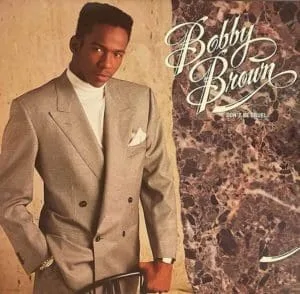
Bobby Brown, Don’t Be Cruel
Dedicated to the former New Edition singer’s best friend James ‘Jimbo’ Flint who was stabbed to death when Brown was just 11, this 1988 album was helmed by some of the then-hottest producers in the biz, including Jam & Lewis, Babyface and Teddy Riley. Where Brown’s debut LP, King Of Stage, only made No.88 in the US, this more confident sophomore effort would top the Billboard charts, while all five of its singles would go Top 10 in the States.
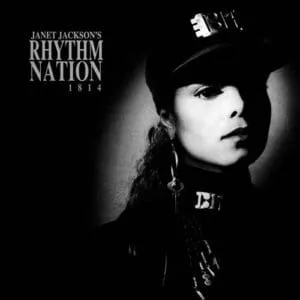
Janet Jackson, Rhythm Nation 1814
Janet conceived of her follow-up to Control as a gritty concept album that would explore racism, drug abuse and poverty in contemporary America. And with these new street-level concerns, came a new urban sound, courtesy of Jimmy Jam and Terry Lewis. One of the most influential albums of the 90s, it did more than any other LP to help popularise new jack swing, shifting an estimated 12 million copies worldwide.
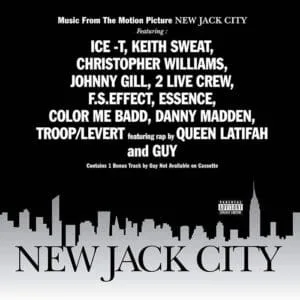
Various, New Jack City OST
New Jack City was a 1991 crime drama starring Wesley Snipes, Ice-T and a young Chris Rock, telling the story of a New York City drug lord during America’s crack epidemic. As befitting the movie’s title, the soundtrack album works almost as a new jack swing best of, with tracks from, among others, Keith Sweat, Color Me Badd, Johnny Gill and Teddy Riley’s swingbeat outfit Guy.
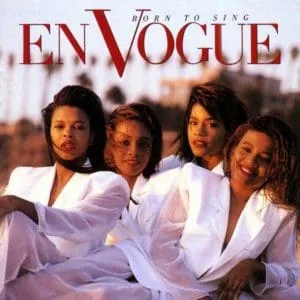
En Vogue, Born To Sing
One of the defining female groups of the 90s, En Vogue’s 1990 debut may not have charted as high as their following long-players (it just missed the Top 20), but with the sex-fuelled Hold On, the group secured one of their biggest hits and a new jack swing classic. Named Best R&B/Soul Album at the 1991 Soul Train Music Awards, it’s an LP that’s absolutely of its moment and one of the swingbeat greats.
Read More: Top 20 hip-hop singles of the 80s

Steve O'Brien
Steve O’Brien is a writer who specialises in music, film and TV. He has written for magazines and websites such as SFX, The Guardian, Radio Times, Esquire, The New Statesman, Digital Spy, Empire, Yours Retro, The New Statesman and MusicRadar. He’s written books about Doctor Who and Buffy The Vampire Slayer and has even featured on a BBC4 documentary about Bergerac. Apart from his work on Classic Pop, he also edits CP’s sister magazine, Vintage Rock Presents.www.steveobrienwriter.com

